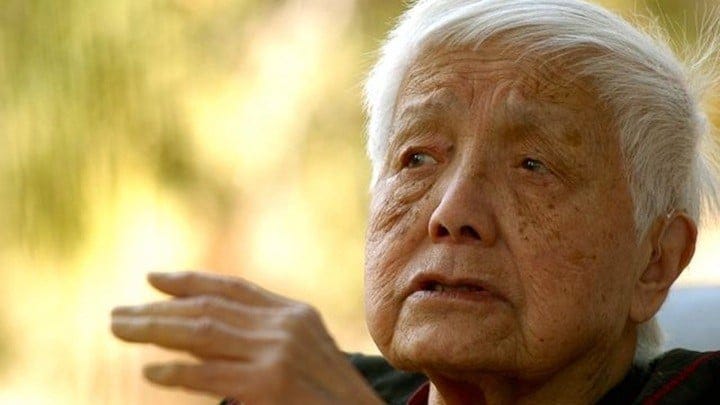‘American Revolutionary: The Evolution of Grace Lee Boggs’ Review

To explore the life of Grace Lee Boggs is to explore a multitude of topics about America in the 20th century. That’s what happens when you live for 98 years (and counting!) and don’t let up on your social activism for one second. Learn about Boggs and you learn about the experiences of Asian Americans, African Americans, feminists, Marxists, writers, un…
Keep reading with a 7-day free trial
Subscribe to Nonfics to keep reading this post and get 7 days of free access to the full post archives.



